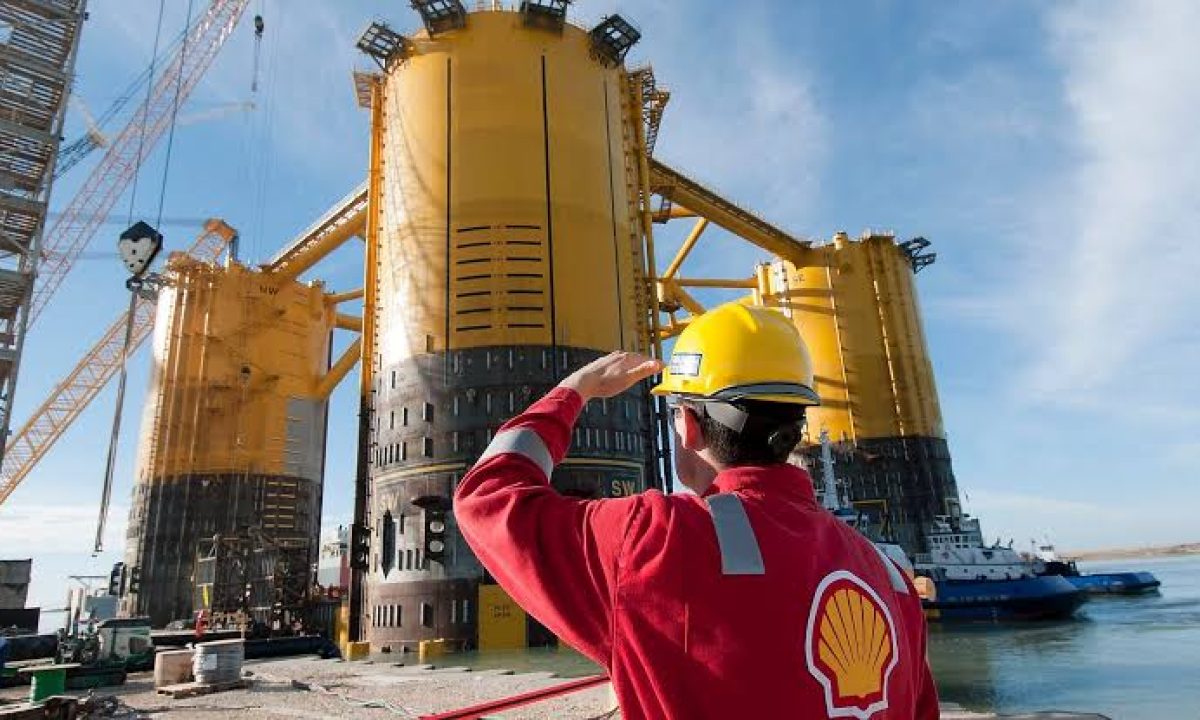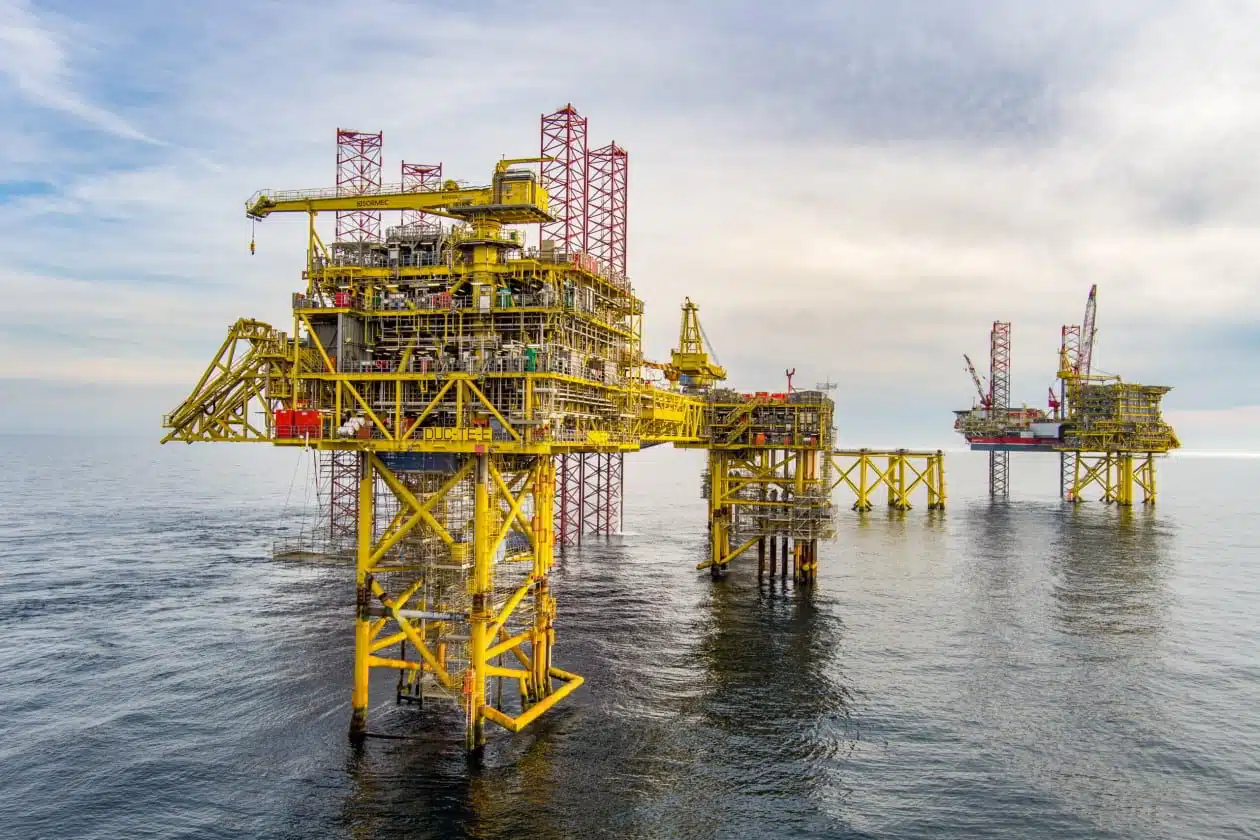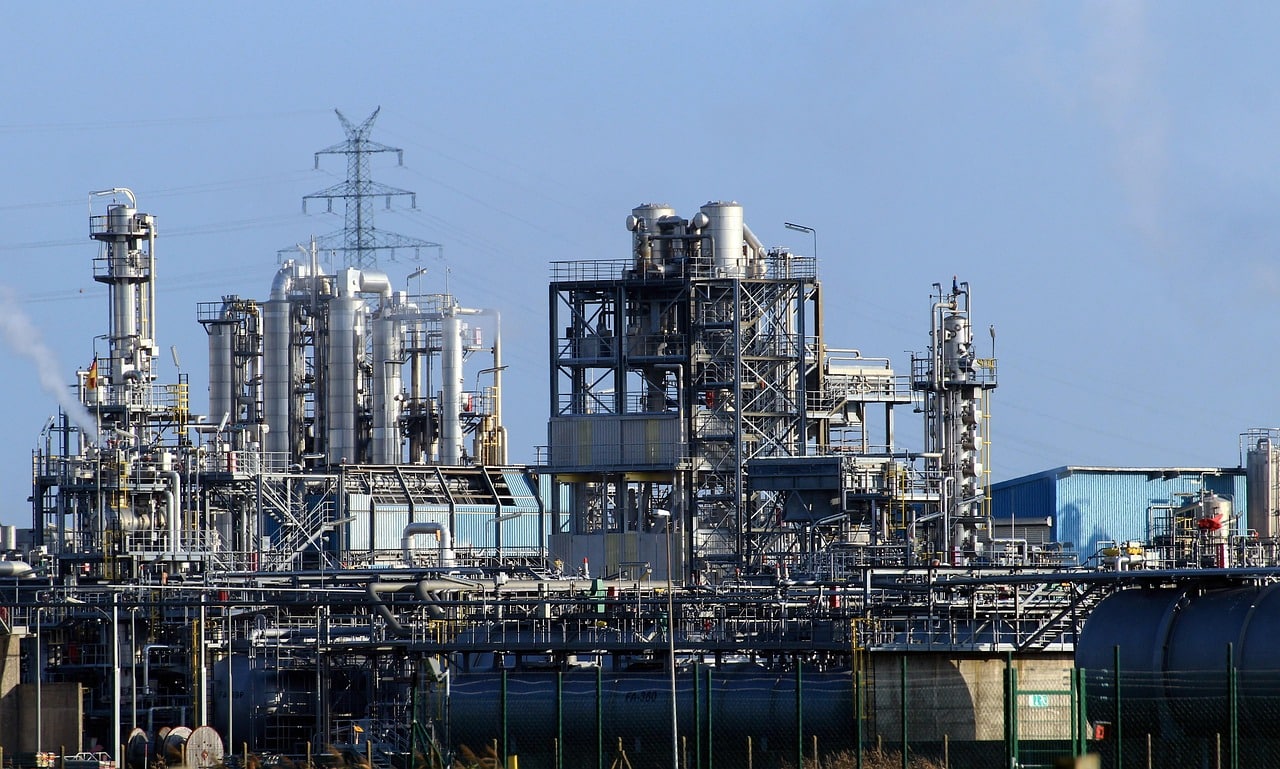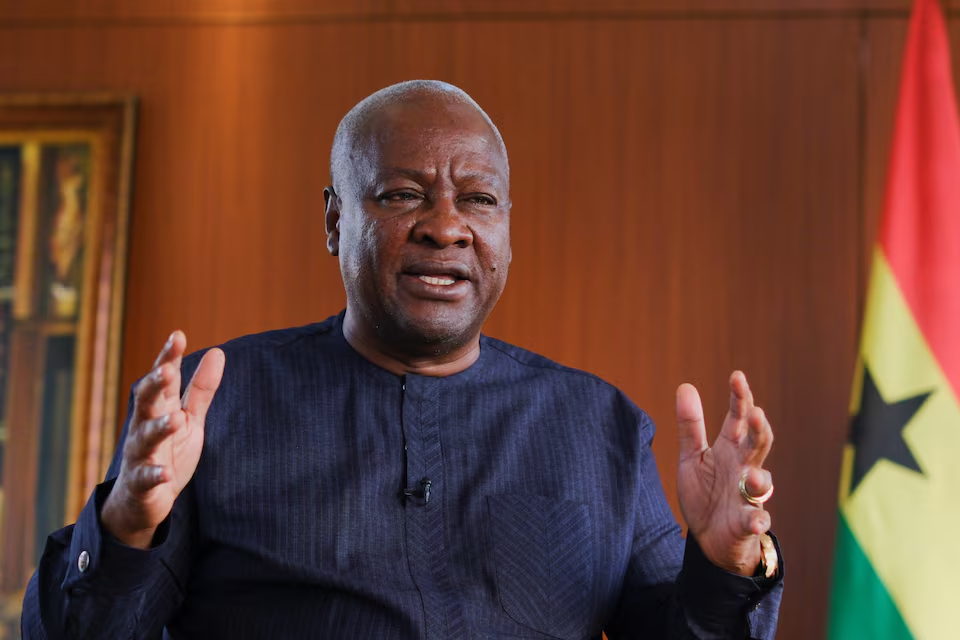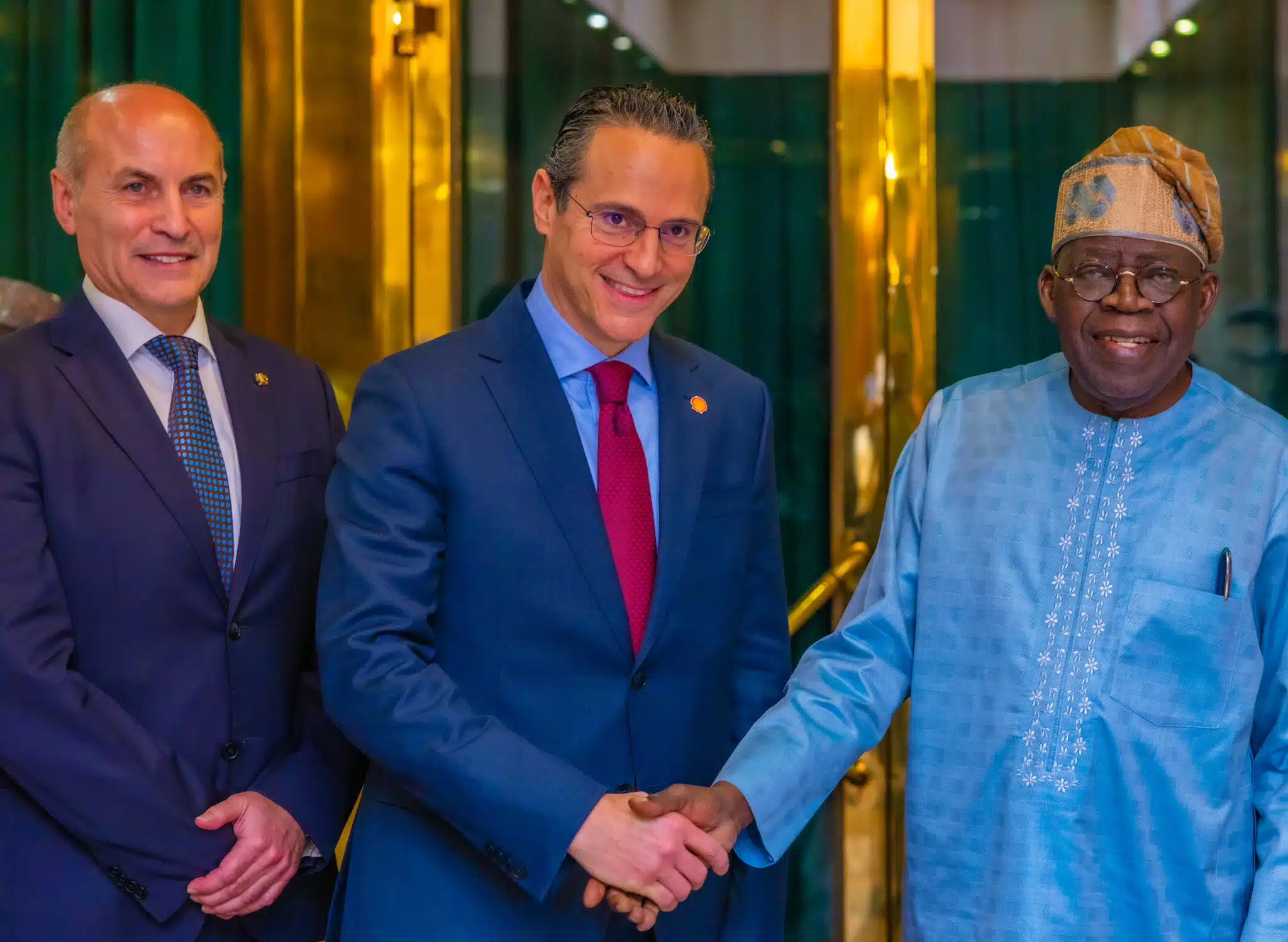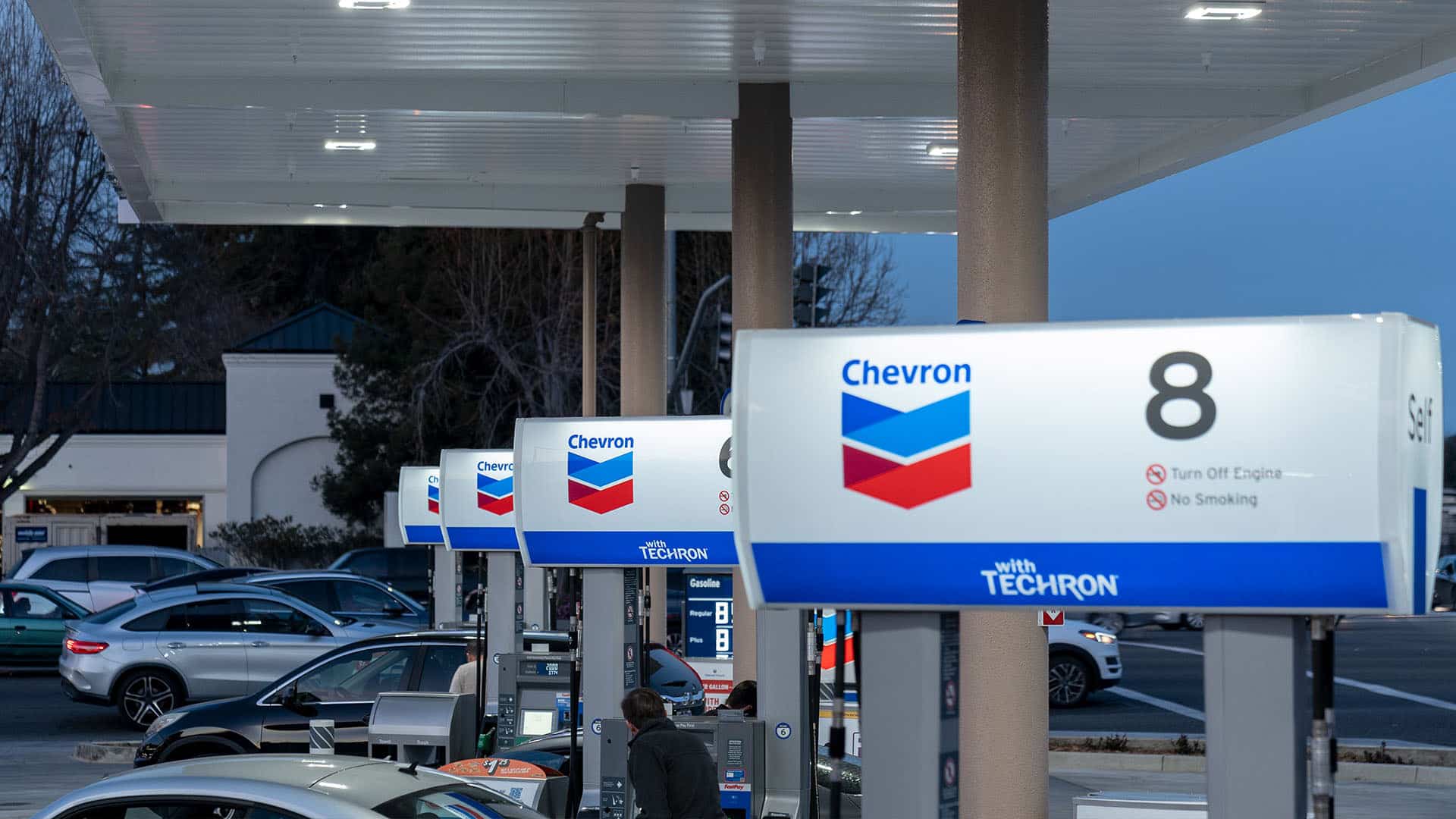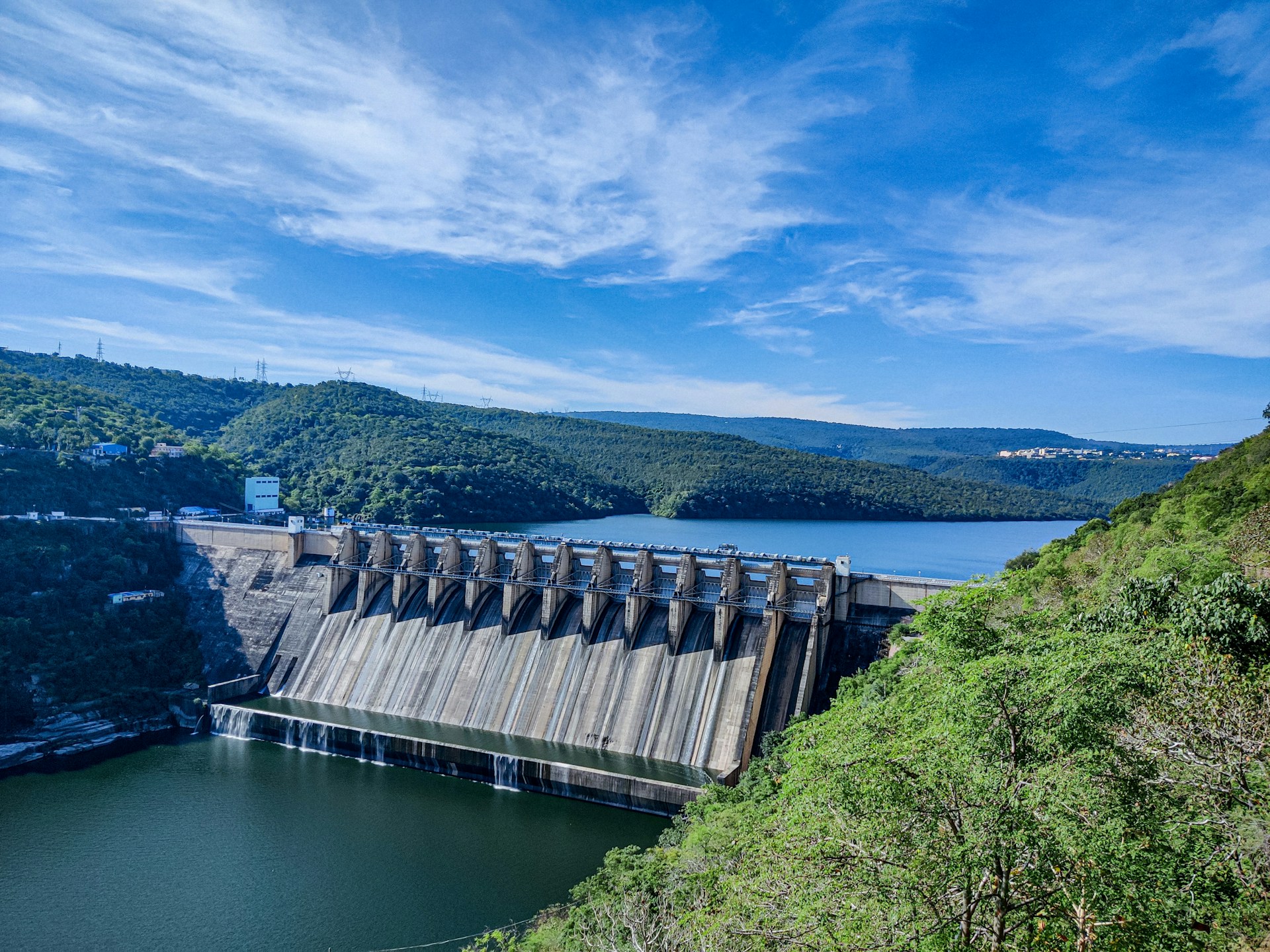Shell’s arrival in Nigeria is a story of many firsts in the nation’s oil and gas history.
After discovering its first commercial oil in Oloibiri — in present-day Bayelsa State — the Dutch supermajor became a pace-setter for oil and gas exploration in West Africa.
By the 1980s, Shell controlled about 40% of Nigeria’s oil assets, making it synonymous with the country’s oil and gas story.
Today, the company continues to lead the way, setting the tone for Nigeria’s offshore investment outlook.
In April, Shell announced a $5 billion investment in one of the country’s largest deepwater assets, Bonga North. It also acquired TotalEnergies’ stake in the same block for $530 million.
This move followed Shell’s historic exit from Nigeria’s onshore operations, after selling its stakes to a consortium of local oil firms.
The deal was valued at $2.4 billion, with Shell exiting a seven decade operation in the country.
Yet, that exit has not slowed the energy giant. Instead, it has doubled down on major offshore investments and partnerships.
Shell’s departure from onshore Nigeria didn’t come easily. The company operated its onshore assets for more than seventy years before finally letting go.
Challenges including oil spills, high-profile legal cases (both local and international), and persistent pipeline vandalism all contributed to its decision to leave.
At some point, Shell reportedly spent over $80 million in legal settlements related to its operations in the Niger Delta.
Other oil majors in the race
However, Shell’s move offshore is not an isolated action.
Most oil majors — including ExxonMobil, TotalEnergies, and Equinor — have also divested from onshore operations to focus on Nigeria’s lucrative offshore fields.
For TotalEnergies, though, its divestment journey has been more complicated. The Nigerian regulatory body withdrew consent for an $850 million deal that would have handed its onshore assets to Mauritania’s Chappal Energy.
There are speculations that regulatory approvals for divestments are now tied to commitments by oil firms to maintain and expand their offshore investments.
In Shell’s case, approval for its exit came only after it announced the $5 billion Bonga North investment — a deal that had dragged on for nearly five years before the government gave its consent.
Nigeria’s Minister of State for Petroleum, Heineken Lokpobori, has said the government expects at least $20 billion in new investments from oil majors as a result of these divestments.
Oil firms are eager to shed unprofitable or high-liability assets. Regulatory delays can tie up billions of dollars for years.
The infamous Malabu oil block case (OPL 245) involving Shell, Eni, and an independent company by the same name has been in and out of court since 2001, costing millions in settlements and with no lasting resolution in sight.
Exiting Nigeria’s oil sector can be as difficult as entering it — if not more so.
To gain approval, companies leaving the onshore space must often make certain pledges: attractive signature bonuses, commitments to environmental cleanup, and, in many cases, promises to reinvest proceeds in the country.
Nigeria’s offshore sector now accounts for more than 60% of total oil production.
Dominated by deep-pocketed investors like Shell, Exxon, and Chevron, it remains a reliable source of export revenue for the government.
Shell’s gas footprint
However, until Shell’s $5 billion announcement, Nigeria had not recorded any major new offshore exploration investment in more than a decade.
The Bonga North project marks a turning point — a signal that Shell still plays a pioneering role in shaping Nigeria’s energy future.
Beyond oil, Shell and its subsidiary, Sunlink, also committed $2 billion to the HI offshore gas project.
While TotalEnergies and Eni hold minority stakes in the project, Shell remains the lead investor.
“It will add nearly one-third of the gas needed for the Nigeria LNG Train 7 project,” said Olu Verheijen, Nigeria’s presidential adviser on energy.
Leading the offshore race
This was part of Shell’s promise upon exiting the onshore space — and so far, it has delivered.
Other majors have made similar commitments.
ExxonMobil, for example, announced plans to invest $10 billion in Nigeria’s offshore projects over the next five years. TotalEnergies, Eni, and others have echoed the same intentions.
But as it stands, Shell is the only one that has shown the money.
Reports suggest Nigeria has attracted about $8 billion in foreign investment in its oil and gas sector recently — and nearly $7 billion of that comes directly from Shell and its subsidiaries.
Offshore production is Nigeria’s bet for the future of its energy industry.
Over the next few decades, international oil companies are expected to take new Final Investment Decisions (FIDs) on offshore assets.
For now, however, Shell is clearly leading the race.

